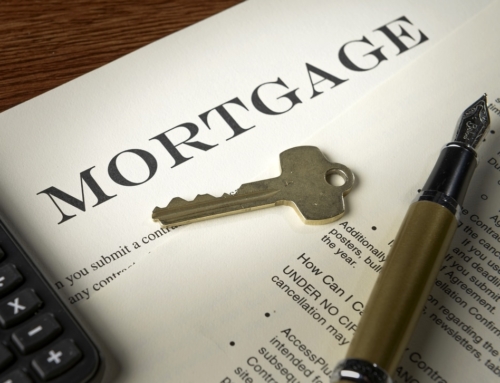Q : Last week I received a letter from my mortgage company telling us that our home was approximately 30 days from completion.
I called to inquire about locking in a 30-year fixed rate loan (we have a construction-to-permanent loan with this company).
The woman who answered said we might need a longer lock since we needed time for inspections and the closing, but that she could give us 6.75 percent with zero points or 6.125 percent with 1 point for a 45 to 60 day lock.
That same day we called two other local banks in the area and were quoted rates of 6 percent with no points. We called back our mortgage broker to inquire about the difference in rates and she told us that because our loan amount was so low ($60,000) that we were being charged a higher rate because the bank would not make much money on our loan.
We have superior credit and I’ve been told that that is what lenders base there interest rates on, not the amount of the loan. We have already had one closing with this company and it will cost us thousands of dollars more if we change financial institutions now, because we have a 1 percent prepayment penalty if we do not actually close on the permanent financing. So, changing lenders now isn’t really an option.
Am I being squeezed and is there any legal recourse I can take?
A: It sounds to me as though you’re being squeezed so that the mortgage broker can put a few extra bucks in his pocket.
While the amount of your loan, at $60,000, is low relative to the size of many other loans, it’s still above $50,000, which seems to be the point at which many lenders say, “forget it.”
Since getting a different lender to fund the permanent financing isn’t an option because of your prepayment penalty (which more lenders are putting into loan programs), why don’t you think about refinancing your mortgage immediately with a loan from another lender.
The beauty of this is you can get the zero cost loan now (with the higher interest rate) and line up your refinance on the side. You can either refinance the loan completely, or you can think about getting a home equity loan (provided your new house has enough equity in it) that has a fixed interest rate for 5 or 10 years.
You should aim to refinance your new loan as quickly as possible, so that you don’t pay the higher interest rate for too long.
You should also look over the documents you received when you obtained your financing for the construction of your home. See if there is any information on what terms you were to receive on the final loan for your home. Make sure the lender is following the terms of the loan and not switching loan products on you. You may find that the original documents require the lender to give you a better deal than you’re being offered.
Good luck.
Published: Mar 18, 2005






Leave A Comment